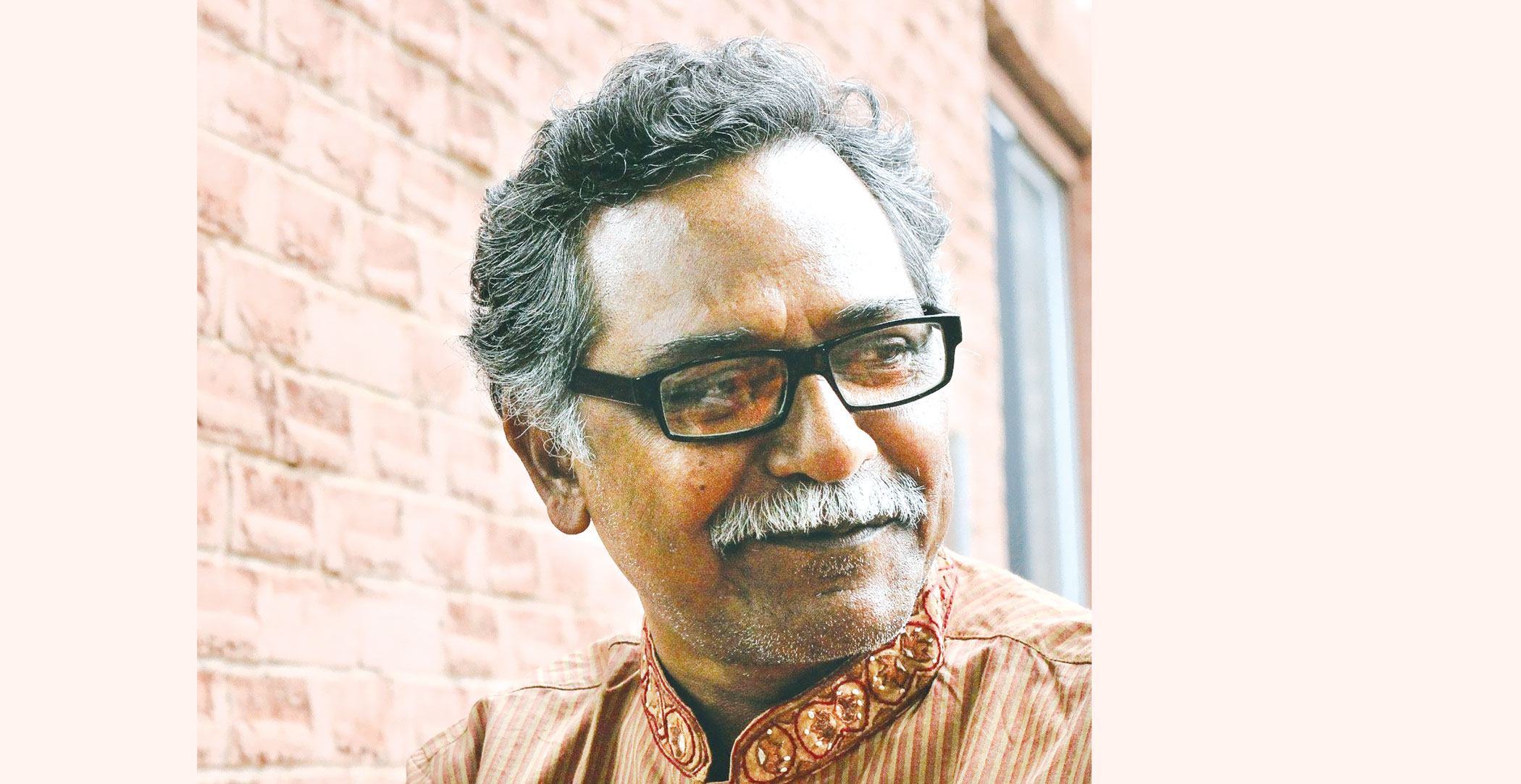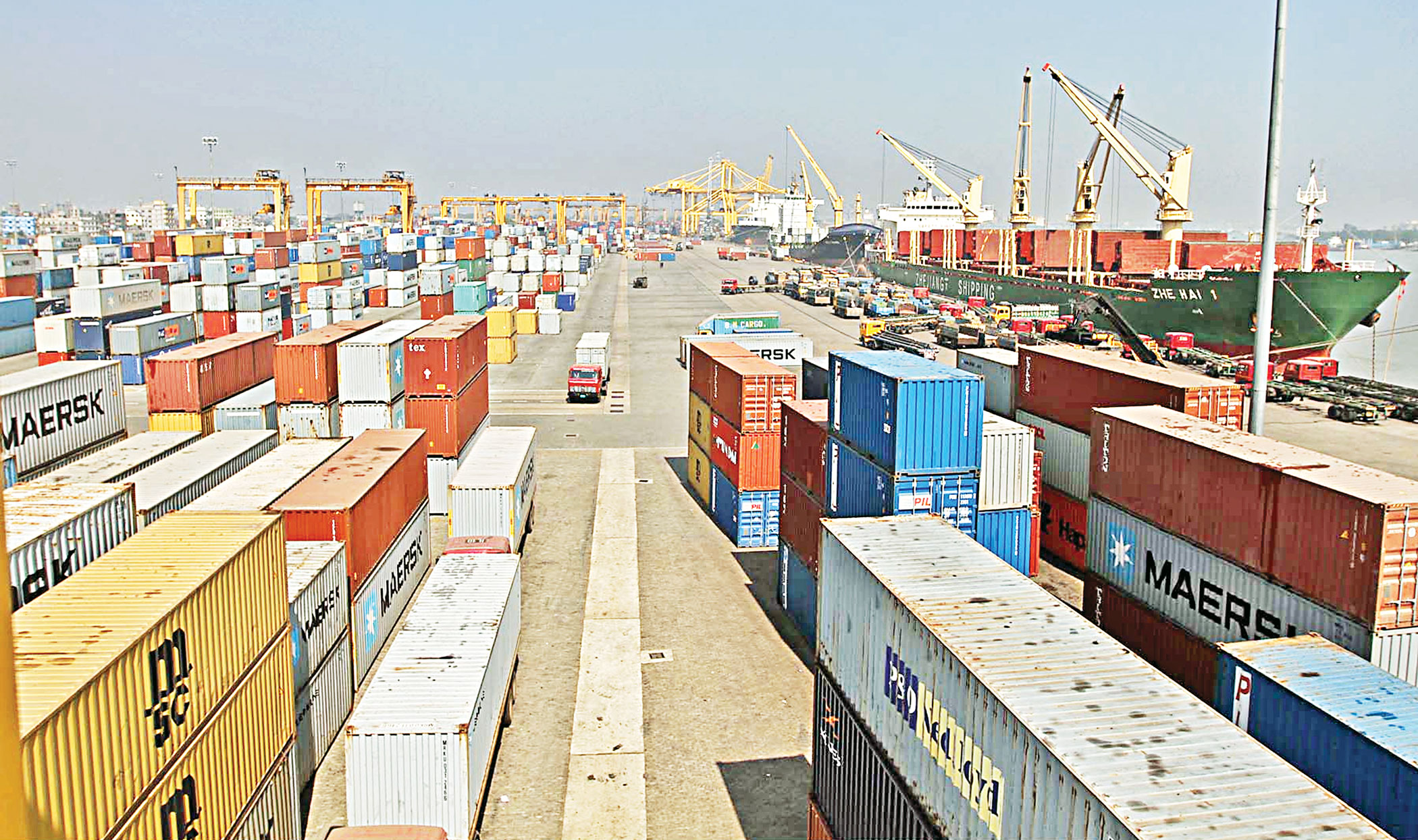3 port terminals to get foreign operators by Dec

The government is planning to hand over the management of at least three port terminals, including the New Mooring Container Terminal (NCT) at Chattogram port, to foreign operators by December this year, said Shipping Secretary Mohammed Yousuf.
"There are still issues under negotiation, but by December, we hope to move forward with these three key projects," he said at a seminar on the potential of investment in the ocean-going shipping industry, organised by the Economic Reporters Forum (ERF) at its office, today.
The disclosure comes amid opposition from various quarters including from the leaders of Chattogram-based political parties and civil society, to handover the NCT to a foreign operator, arguing that local operators will be able to handle the port efficiently.
The government says the handover of the terminal will boost port efficiency and address long-standing structural bottlenecks and reduce high operational costs.
Addressing the broader investment scenario, Secretary Yousuf said low efficiency at the ports is a reason behind Bangladesh's low foreign direct investment (FDI) inflows compared to its regional peers.
"Bangladesh received only $3 billion in FDI in 2023, while Vietnam received $18 billion, and India $28 billion," he stated.
He noted that this low FDI inflow is owed to structural bottlenecks. "One such bottleneck is in Chattogram port, where syndicates have controlled operations for 50 years. We're bringing in international terminal operators to boost efficiency BY December."
"Without expanding capacity, port performance will never improve," he added.
Currently, he said Bangladesh's logistics cost is 15-16 percent of GDP, one of the highest in the world, whereas most countries average around 8 percent. "With such high logistics costs, how can we compete globally?"
About the new tariff structure introduced by the Chittagong Port Authority, the shipping secretary pointed out that the last major revision of the tariff rates took place in 1986, nearly four decades ago. Although partial updates were attempted in 2007-08 and again in 2012, they were never fully implemented.
"We finally appointed a consultant in 2020, and only now, in 2025, have we been able to finalise and enforce a new tariff," he said.
"Yes, the rate has increased somewhat, but after forty years, it was unavoidable and necessary," he said.



 For all latest news, follow The Daily Star's Google News channel.
For all latest news, follow The Daily Star's Google News channel. 

Comments